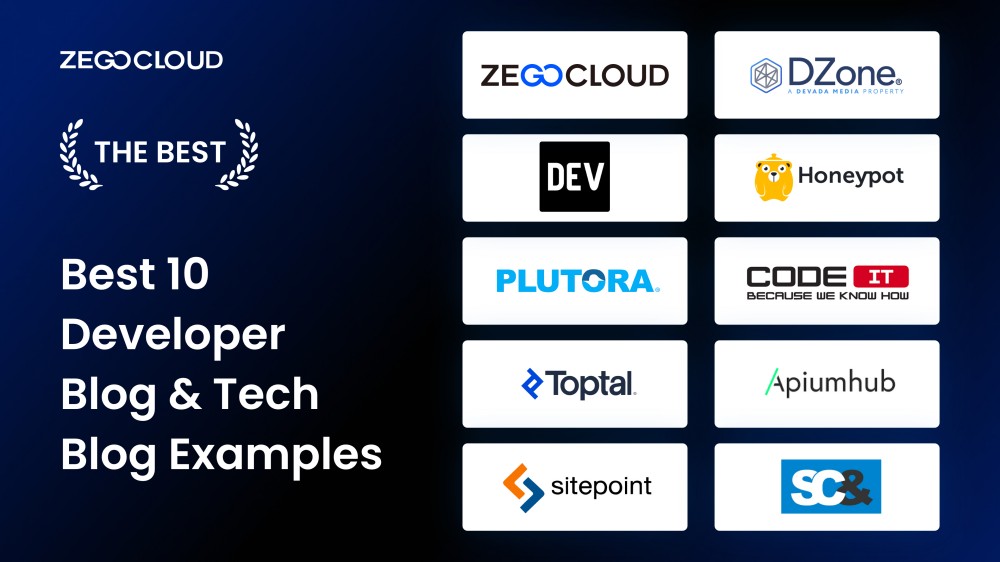Discover Thought-Provoking Articles on the Best tech blog for Tech Lovers
Discover Thought-Provoking Articles on the Best tech blog for Tech Lovers
Blog Article
How Blockchain Technology Is Revolutionizing Information Protection
Blockchain innovation is fundamentally altering the landscape of data safety and security by presenting a decentralized framework that guarantees improved openness and strength. Unlike typical systems, which depend on central data repositories, blockchain disperses information across a network, minimizing vulnerabilities and solitary factors of failing. The use of sophisticated cryptographic methods makes sure that information stays tamper-proof, cultivating trust amongst stakeholders and users.
The Essentials of Blockchain
Blockchain modern technology, a revolutionary idea in electronic data management, essentially changes how info is saved and safeguarded. At its core, a blockchain is a distributed ledger that records purchases throughout a network of computer systems, ensuring transparency and immutability.
Key to understanding blockchain is the hashing process, which secures transaction information into a special alphanumeric code. This cryptographic function makes sure that any kind of modification in the transaction data results in a totally different hash, consequently safeguarding versus meddling. The agreement system, one more important component, verifies and validates new purchases via a network of nodes, thus removing the demand for a centralized authority.
Additionally, blockchain's append-only framework makes sure that information, as soon as added, can not be deleted or changed. This characteristic guarantees a irreversible and proven record of transactions, promoting trust fund among participants. Because of this, blockchain gives a robust structure for data stability, offering markets a reputable approach for monitoring and handling electronic information in a safe and secure, transparent manner.
Decentralization and Safety And Security
Decentralization, a core principle of blockchain modern technology, substantially improves information security by distributing control throughout a network rather than counting on a single, centralized entity. By spreading information across various nodes, blockchain guarantees that also if one node is endangered, the whole network continues to be protected.

Moreover, decentralization equips users with higher control over their data. Each participant in the network has accessibility to the whole blockchain, permitting them to validate and audit transactions independently. This openness promotes trust among individuals, as they do not have to depend on a main authority to guarantee data stability. In general, decentralization contributes in boosting data safety in blockchain networks.

Cryptographic Techniques
At the heart of blockchain innovation, cryptographic methods play a pivotal duty in securing data, making sure both privacy and integrity. Cryptography in blockchain uses a mix of symmetrical and crooked formulas to encrypt data, making it accessible just to authorized events.
Hash features are another important component, changing input information right into a fixed-size string of characters, successfully producing an unique digital finger print for each block. This guarantees that any kind of effort to alter the information will result in an entirely different hash, thus maintaining the immutability of the blockchain. Electronic trademarks validate the authenticity and honesty of transactions, supplying a layer of non-repudiation.
The decentralized nature of blockchain, integrated with robust cryptographic strategies, eliminates the need for middlemans, lowering potential vulnerabilities. As blockchain innovation progresses, improvements in cryptography such as zero-knowledge evidence and homomorphic security remain to boost safety and security steps, better strengthening data defense in this cutting edge digital journal system.
Usage Cases Across Industries

In the medical care sector, blockchain makes certain the safe storage space and sharing of individual documents, advertising interoperability while protecting sensitive information from unauthorized accessibility. This innovation equips individuals with control Find Out More over their case history and promotes smooth control among doctor.
Supply chain monitoring benefits considerably from blockchain's immutable journal, which makes certain traceability and authenticity of products from beginning to customer. By improving openness, blockchain assists reduce problems Visit Your URL such as counterfeiting and unethical sourcing.
In addition, blockchain's decentralized nature is reshaping the power sector by making it possible for peer-to-peer power trading, where consumers can buy and offer excess renewable energy straight. This fosters a more efficient and lasting power environment.
In the realm of copyright, blockchain provides a tamper-proof system for makers to sign up and protect their jobs, guaranteeing rightful attribution and fair compensation. These diverse use cases underline blockchain's duty as a crucial pressure in redefining information security throughout sectors.
Future of Information Defense
As we want to the future of information security, blockchain technology is poised to play a critical function in safeguarding digital info. With its decentralized and unalterable attributes, blockchain provides a durable framework for protecting sensitive information against unauthorized accessibility and cyber hazards. This modern technology ensures that when data is recorded, it is virtually impossible to alter without detection, thus supplying a substantial benefit over standard information storage space methods.
The integration of blockchain with other innovative innovations, such as expert system and the Internet of Things (IoT), is anticipated to boost information security techniques further. By leveraging smart contracts, companies can automate and enforce security methods, minimizing human mistake and increasing effectiveness. Additionally, blockchain's ability to offer deducible and transparent transactions will certainly bolster count on and liability in information management methods.
As governing landscapes advance, blockchain's compliance-friendly nature will certainly become increasingly relevant. It can help organizations satisfy rigorous data security laws, such as the General Information Security Law (GDPR) and the California Customer Privacy Act (CCPA), by supplying verifiable documents of information processing activities. Eventually, blockchain's special attributes setting it as a transformative device in the recurring pursuit to secure the digital globe versus ever-evolving cyber threats.
Conclusion
Blockchain modern technology represents a paradigm shift in information safety and security by leveraging decentralization and cryptographic strategies to boost openness, trust, and data official source integrity. Its capacity to remove solitary points of failing and use agreement devices significantly decreases the danger of scams and cyberattacks. This innovative structure not only empowers customers with higher control over their data but additionally lines up with regulative conformity. As cyber risks develop, blockchain becomes a vital device for robust information security throughout numerous markets.
Blockchain technology is fundamentally changing the landscape of information protection by introducing a decentralized structure that promises improved openness and strength. Unlike conventional systems, which depend on central data databases, blockchain disperses data across a network, reducing vulnerabilities and single factors of failure.Decentralization, a core concept of blockchain technology, considerably boosts data safety and security by distributing control throughout a network rather than depending on a particular, centralized entity.At the heart of blockchain technology, cryptographic strategies play an essential duty in safeguarding data, making sure both confidentiality and integrity.Blockchain technology represents a standard change in information safety and security by leveraging decentralization and cryptographic methods to boost openness, trust, and data integrity.
Report this page